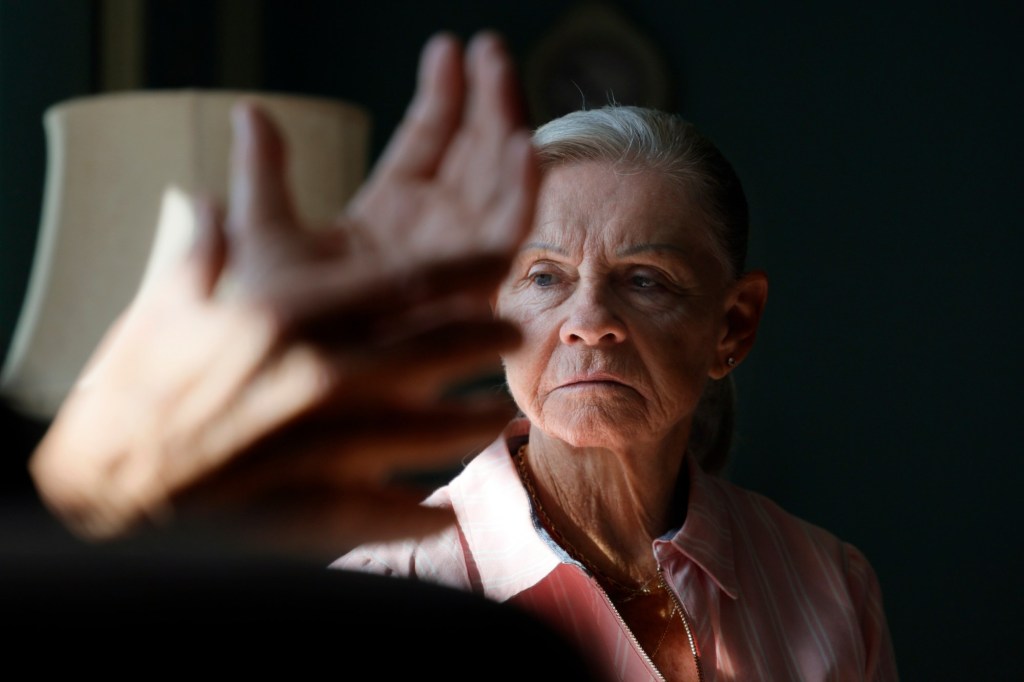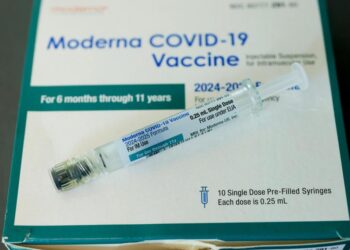“What time is it?” Cheryl Miller asks her husband, John. He wants to answer, but his wife has already asked him that question three times in the last few minutes. Frustrated, John yells at her to stop asking. He instantly regrets it.
“I’m going into the bedroom for a minute,” John tells his wife of 54 years. When he shuts the door, he begins to cry.
Cheryl, 75, has lived with Alzheimer’s disease for nearly five years, but it hasn’t all been bleak. John, 76, said he had some hope for about 18 months when Cheryl was enrolled in a clinical trial for Eil Lilly’s Kisunla, also known as Donanemab. The drug is a monoclonal antibody administered through an IV infusion that targets amyloid plaque in the brain and has been shown in clinical trials to modestly slow memory decline in people with Alzheimer’s disease.
“For those 18 months, there was no regression,” John says. But then, the trial ended, along with Cheryl’s access to the drug. Her disease began to progress again. She would go to the kitchen for a soda in their Singer Island home and return empty-handed or repeat a question John had just answered.
After four months, Cheryl became eligible for another Alzheimer’s clinical trial. John returned with Cheryl to JEM Research in Palm Beach County and enrolled her in a study for a different medication made by Athira Pharma. It required John to give his wife a daily injection at their Palm Beach home. It didn’t go as John had hoped.
“I was beside myself,” John says. “She was getting sores all over and her mind was getting worse. It wasn’t working.”
Researchers took Cheryl off the drug. In September, the manufacturer scrapped its national trial after results showed the medication worked no better than the placebo. Cheryl must now wait four months before enrolling in a new trial. In the meantime, in July, the US Food and Drug Administration cleared Eli Lilly’s Kisunla for use in adults with mild Alzheimer’s disease.
John says he is trying…
Read the full article here







